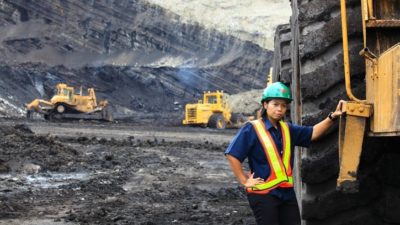S&P/ASX 200 Index (ASX: XJO) mining stocks are putting in a mixed performance on Monday amid the latest ructions to hit China's steel industry.
In afternoon trade today, the benchmark index is up 0.7%.
Here's how these top three ASX 200 mining stocks are tracking at this same time:
- Fortescue Metals Group Ltd (ASX: FMG) shares are up 1.3%
- BHP Group Ltd (ASX: BHP) shares are up 0.21%
- Rio Tinto Ltd (ASX: RIO) shares are down 0.48%
This comes as the iron ore price slipped 1.5% over the weekend to US$95.75 per tonne.
That's down from US$144 per tonne at the beginning of 2024. And it's down from US$105 per tonne at the end of July.
As you'd expect, this has put a lot of pressure on BHP, Rio Tinto and Fortescue shares this calendar year. Iron ore, after all, counts as the biggest revenue earner for all three of the ASX 200 mining stocks.
Year to date, the benchmark index is up 5.9%. As for the big three miners:
- BHP shares are down 19.1%
- Rio Tinto shares are down 18.7%
- Fortescue shares are down 37,2%
China, iron ore and ASX 200 mining stocks
China has long been the top destination for Aussie iron ore exports.
But as you're likely aware, China's economy has been struggling to regain its growth momentum following the pandemic lockdowns.
And despite some modest support from the Chinese government, the nation's steel hungry property market remains sluggish.
Last week, investors in ASX 200 mining stocks got some reprieve following news that the government was mulling over new policies that would enable local government to buy unsold homes. That news boosted iron ore prices from recent lows of US$91.45 per tonne.
Today, investors are mulling over news that the Chinese government has suspended its existing system for new steel plant approvals amid tumbling steel prices.
With domestic steel demand down, Chinese steel inventories are growing, and exports have reached eight-year highs.
"The supply and demand relationship in the steel industry is facing new challenges," China's Ministry of Industry and Information Technology said as it aims to develop a replacement program for the approval of new steel mills.
According to the ministry (courtesy of The Australian Financial Review):
There are still problems such as inadequate policy implementation, imperfect supervision and implementation mechanisms, and incompatibility with the industry's development situation and needs.
He Jianhui, an analyst at SDIC Essence Futures, said, "Now that the whole industry demand is clearly declining, overcapacity is becoming more and more serious, and this document from the ministry is sending a signal of control."
It remains to be seen how that "signal of control" will ultimately impact the iron ore price and ASX 200 mining stocks.








